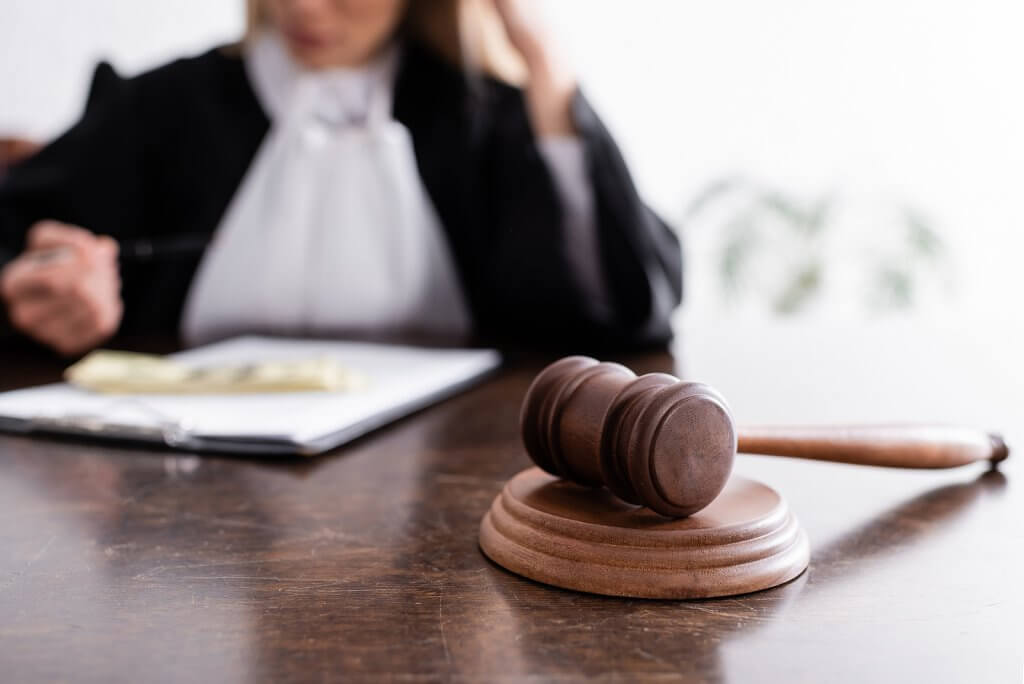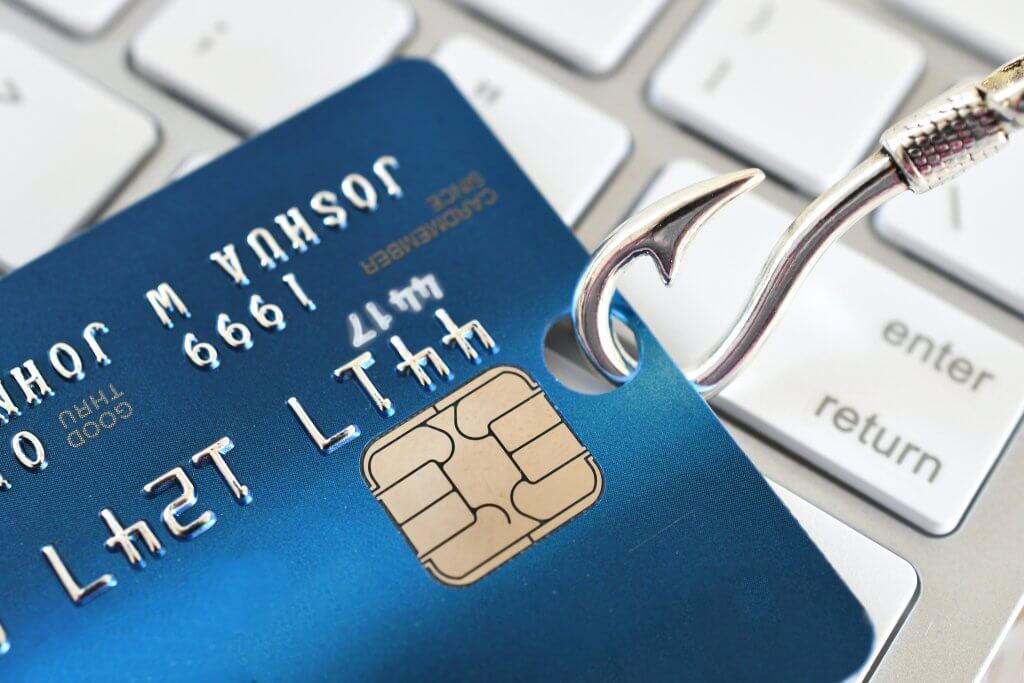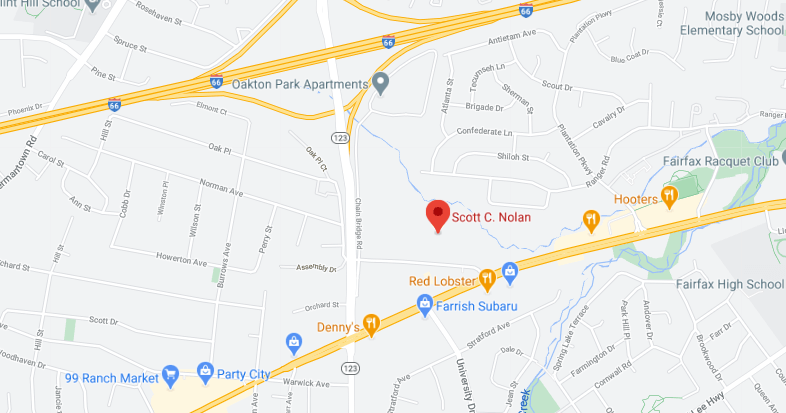Arrests for most felonies and misdemeanors like public intoxication and DWI/DUI happen on the spot. For charges like minor drug possession offenses, reckless driving, traffic infractions, and speeding, offenders receive a summons, also known as a ticket.
If you are not arrested around the time the crime is committed, or if the summon isn’t issued at the time, the police may need a warrant to arrest you. Whether you got arrested at a crime scene, hours, days, or weeks later, make sure that you contact a Fairfax criminal defense attorney.
Proper legal representation ensures that your rights are not violated and that you get the best defense for your case. Remember that each county’s bond procedure and jail processing is different, and the specific circumstances of a case determine whether one is held in jail or released.
What Can I Say or Not Say After the Arrest?
Avoid making any written or verbal disclosures to a fellow inmate or the police because the information can be used against you. Also, note that conversations over the jail phones are recorded, and law enforcement and prosecutors can review everything you say.
Sometimes, a requisite case-related statement is all that is needed to pronounce you guilty of a crime. Only your attorney can use such information to fight for your freedom. It is important to wait to speak to the lawyer face-to-face since he/she will come to you as soon as you call.
When Are My Miranda Rights Applicable?
Your Miranda Rights protect you against self-incrimination – giving the police information that can convict you for a crime. Unlike most people’s perceptions, these rights don’t begin when you are stopped by law enforcement; they start when you are arrested.
Arrests happen when you are in a situation where you don’t feel free to leave, when the police tell you that you are under arrest, or when handcuffed and put in a police car. From that moment, you can refuse to speak in the absence of your lawyer.
What Does “Waiving” your Miranda Rights Mean?
You “waive” your Miranda Rights to remain silent if you continue to speak to the police without your Fairfax attorney. And in that case, the law enforcement can incriminate you using your own statements. Police officers are not restricted from lying to you about how they will “help” you if you tell them the truth about the crime.
The truth is, it is only your lawyer that can help you fight for your freedom with a good defense in court. Therefore, utilize your Miranda Rights – remain silent and ask for an attorney to be present before you can answer any questions.
Will I Receive Bail Automatically?
Every accused person would want to go back home instead of waiting for the trial date in jail. However, the judges and magistrates don’t always give bail to everyone charged with a crime. Here are the main questions that guide this decision:
- To what degree is the accused person a flight risk?
- What is the degree of danger that they present to the public?
You can be released on bond if a skilled criminal defense lawyer in Virginia convinces the court that the accused person:
- Will show up in court on the day of trial
- Will not get into any more trouble
Can I Still Get Bail if I’m Accused of ‘Serious’ Crimes?
Crimes that are considered dangerous have a presumption against release, and the judge or magistrate may not set a bond.
They include:
- Murder
- Robbery
- Malicious wounding
- Rape
If your case isn’t granted pre-trial release, a Fairfax bail and bond lawyer knowledgeable in bail matters can file a bond motion for your conditional freedom. Friends and family can help post the bond, or you can hire a bond dealer to help.
Do I Always Have to Pay a Bond to be Released?
The magistrate can grant you bail if he/she is convinced that you will return to court for trial and won’t commit more crimes. The release conditions vary from case to case, but you don’t always have to part with money.
Personal Recognizance (PR)
If you have a good track record, the court can release you without the need to pay anything. You will only sign a document promising to appear for trial on the set date.
Unsecured Monetary Bond
Usually, you will be allowed to leave without paying anything. However, you will need to adhere to the conditions of your release. If you go against what is required of you, you may be required to pay the amount.
Secured Monetary Bond
For serious crimes, the court makes it mandatory for accused persons to pay before they are released to await trial. And if you are unable to raise the cash, a bail bonding agent can help. They usually assume responsibility for ensuring that you appear in court when required to, and charge 10% of the total bond amount.
How Should I Conduct Myself Before Trial?
Your conduct between the arrest and trial can determine the outcome of your case in Virginia.
Here is how you can convince the judge that you have begun making amends and deserve another chance:
- Taking and completing a driver improvement class if you were charged for a traffic offense
- Stopping the consumption of drugs or alcohol, and enrolling in Alcoholics/Narcotics Anonymous – if your charge involved intoxication
- Enrolling for family counseling or anger management classes if you were charged with assault or domestic violence
- Contacting an academic advisor to help with school enrollment or finding a job when you didn’t have one
Speak to a Legal Aid and Avoid Costly Legal Mistakes
Being arrested can be a scary experience because you worry about a lot of things. However, staying in contact with an attorney lessens the burden since you can always ask questions and get legit answers on the spot.
If you are arrested for any crime in Fairfax, the right defense lawyer can help. It doesn’t matter how complicated it is. Call (703) 223-8883 today for legal counsel that will protect your best interests.










